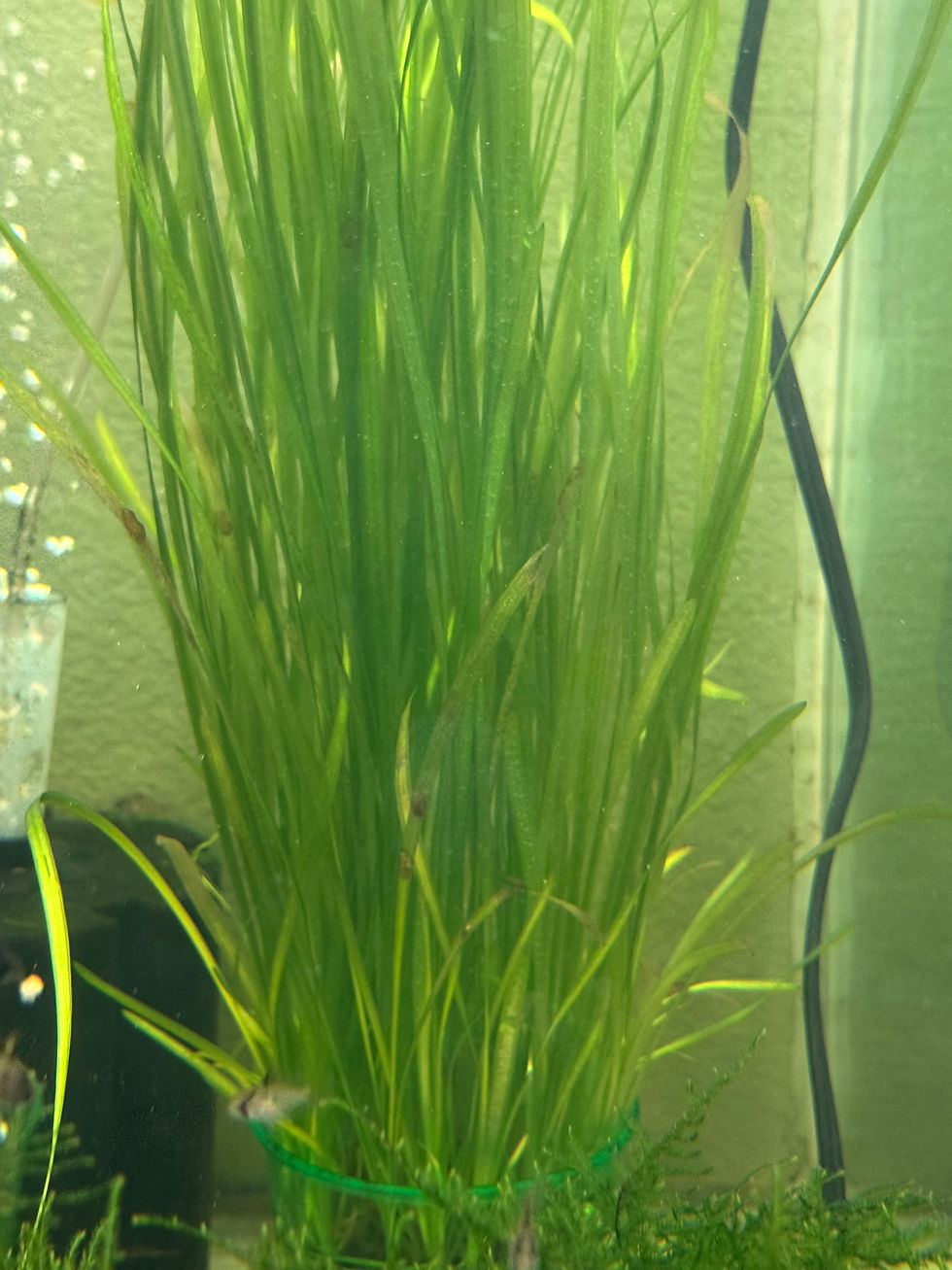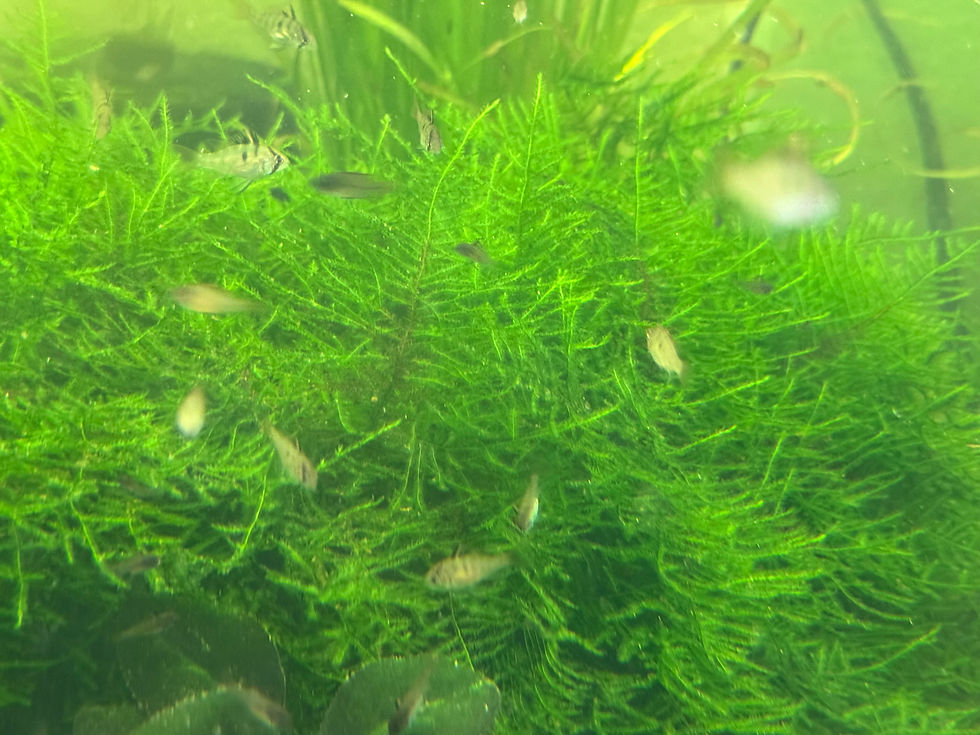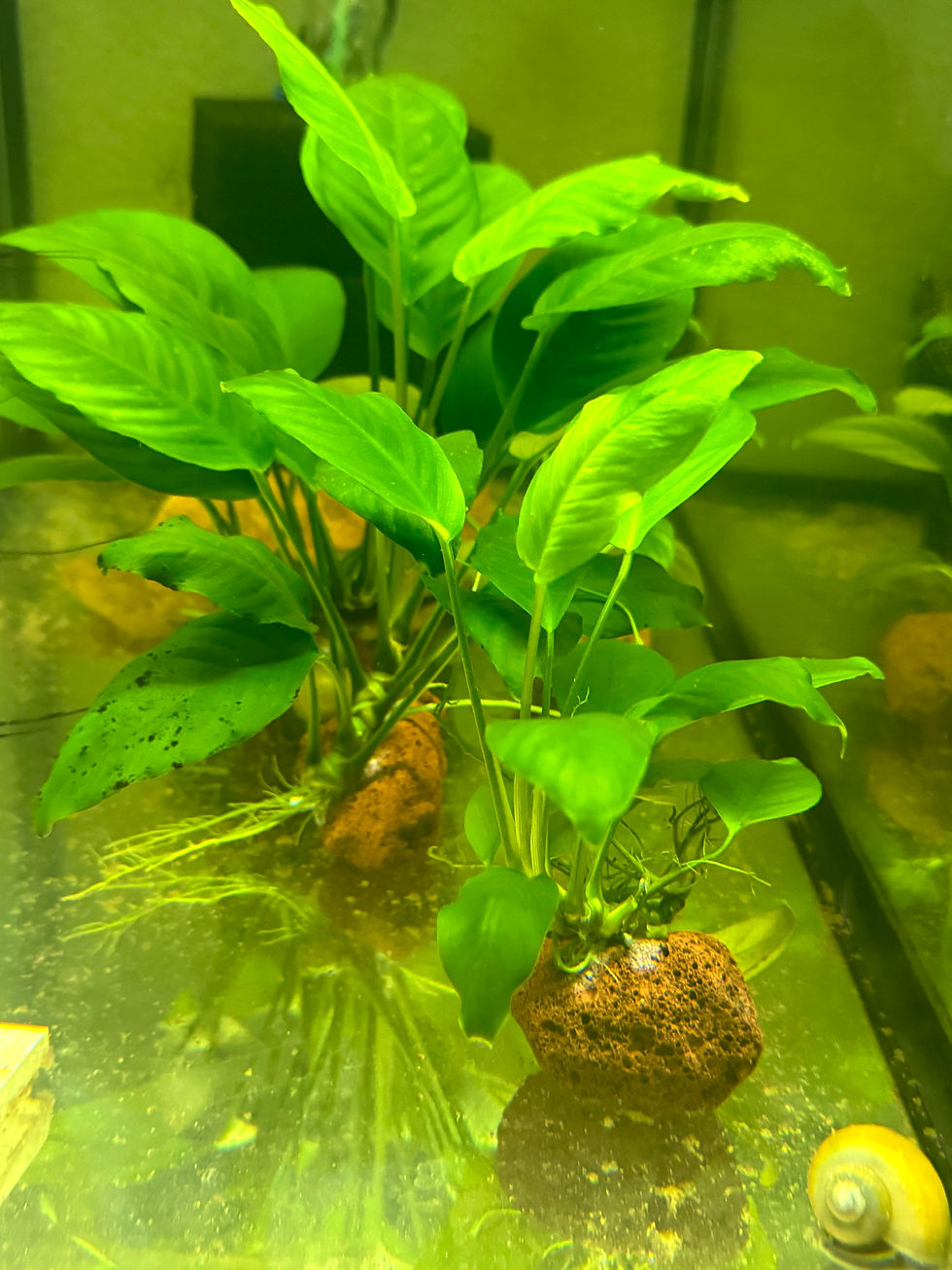top of page
Mandarin Discus
Price
$30.00
The Discus Fish is often called the “King of the Aquarium” due to its vibrant colors, graceful movements, and round, laterally compressed body. Native to the slow-moving waters of the Amazon River Basin (mainly in Brazil, Peru, and Colombia), Discus are admired worldwide for their striking appearance and peaceful demeanor.
- Scientific Name: Symphysodon spp.
- Average Size: 5 to 7 inches (12–18 cm) in diameter
- Lifespan: 10–15 years with excellent care
- Body Shape: Round and disk-like, giving them their name
- Color Varieties: Red, blue, green, yellow, albino, turquoise, and countless hybrid strains with intricate patterns
Discus are social creatures and feel most comfortable when kept in groups of 5 or more. They are known for forming a strict pecking order and display fascinating social interactions.
Quantity
Care Guide
Tank Requirements
- Tank Size: Minimum of 55 gallons for a small group (5–6 fish); larger is always better.
- Water Temperature: 82°F to 86°F (28°C to 30°C)
- pH Level: 6.0–7.0 (slightly acidic)
- Water Hardness: Soft water preferred; 1–8 dGH
- Filtration: Strong biological filtration with gentle flow; Discus hate strong currents.
- Aquascaping: Sand or fine gravel substrate; driftwood, rocks, and live plants like Amazon swords, java fern, and anubias are good with proper maintenance.
Water Quality
- Extremely clean water is critical — Discus are very sensitive!
- Perform 25–50% water changes every 2–3 days.
- Keep nitrate levels below 20 ppm.
- Use dechlorinated and preferably aged water.
Feeding
- Diet: High-quality and varied diet.
- Good foods include:
- Brine shrimp
- High-protein pellet or granule food made for Discus
- Beef heart mix (specialized recipes)
- Occasional flakes for variety
- Feed 2–3 small meals daily and remove uneaten food promptly.
Tankmates
- Choose calm, non-aggressive species that thrive in warm water, such as:
- Cardinal tetras
- Rummy nose tetras
- Corydoras catfish (species tolerant of warm water)
- German blue rams
- Small plecos (like bristlenose plecos)
- Avoid: Fin-nippers and overly active species like tiger barbs.
Common Challenges
- Stress: Easily stressed by loud noises, quick movements, or poor water conditions.
- Parasites: Discus are prone to internal parasites and external infections if water quality drops.
- Shyness: Newly introduced Discus may hide or refuse food for a few days — patience is key.
⸻
Bonus Tips for Happy Discus
- Always quarantine new fish before introducing them to a Discus tank.
- Maintain consistent tank parameters — sudden changes can be fatal.
- Talk softly and move slowly around their aquarium to keep them relaxed.
- Observe their behavior daily — early detection of illness is critical.
You may also like
bottom of page
















